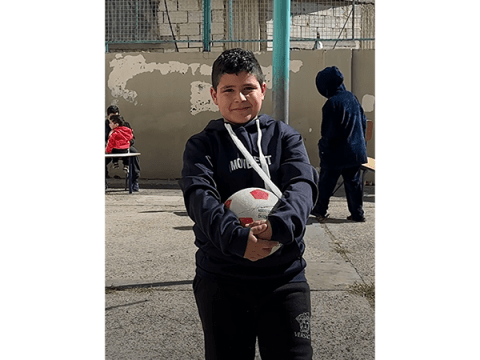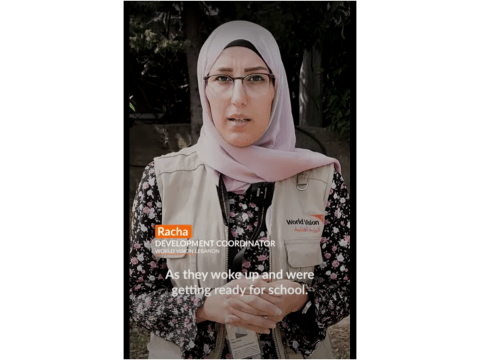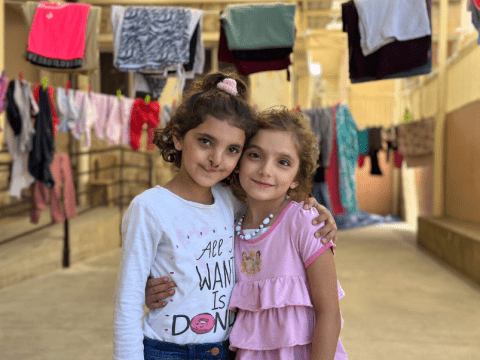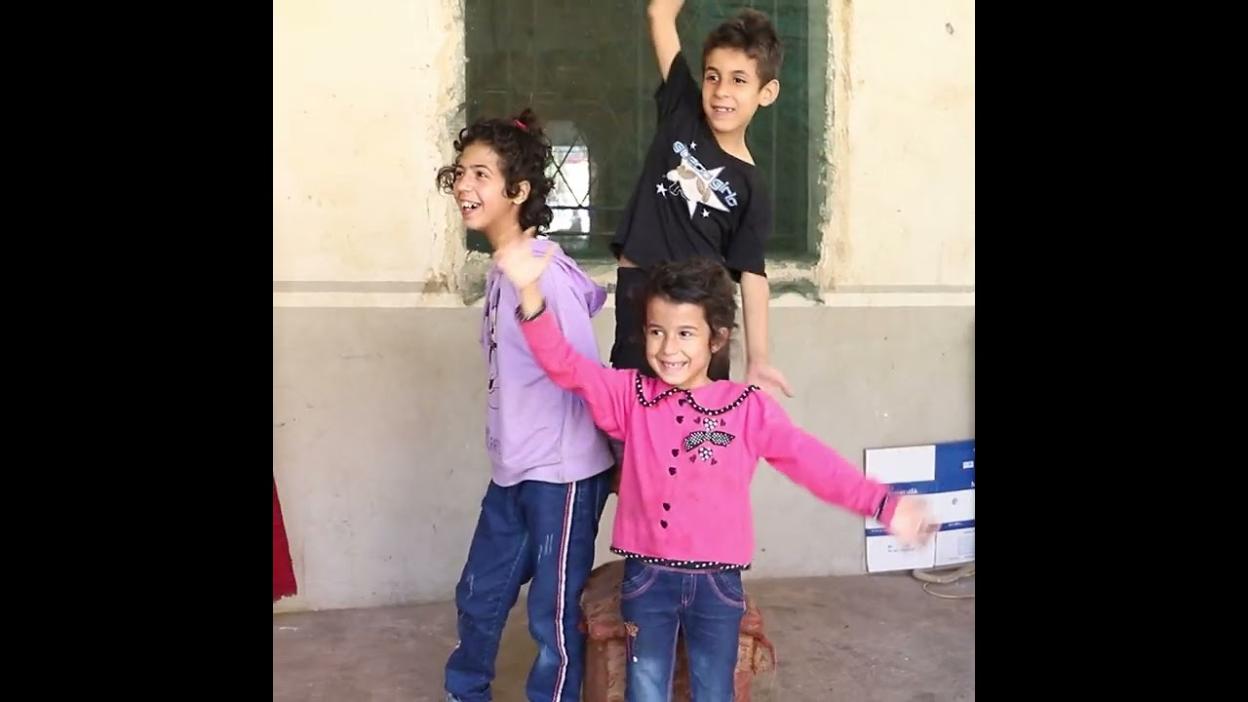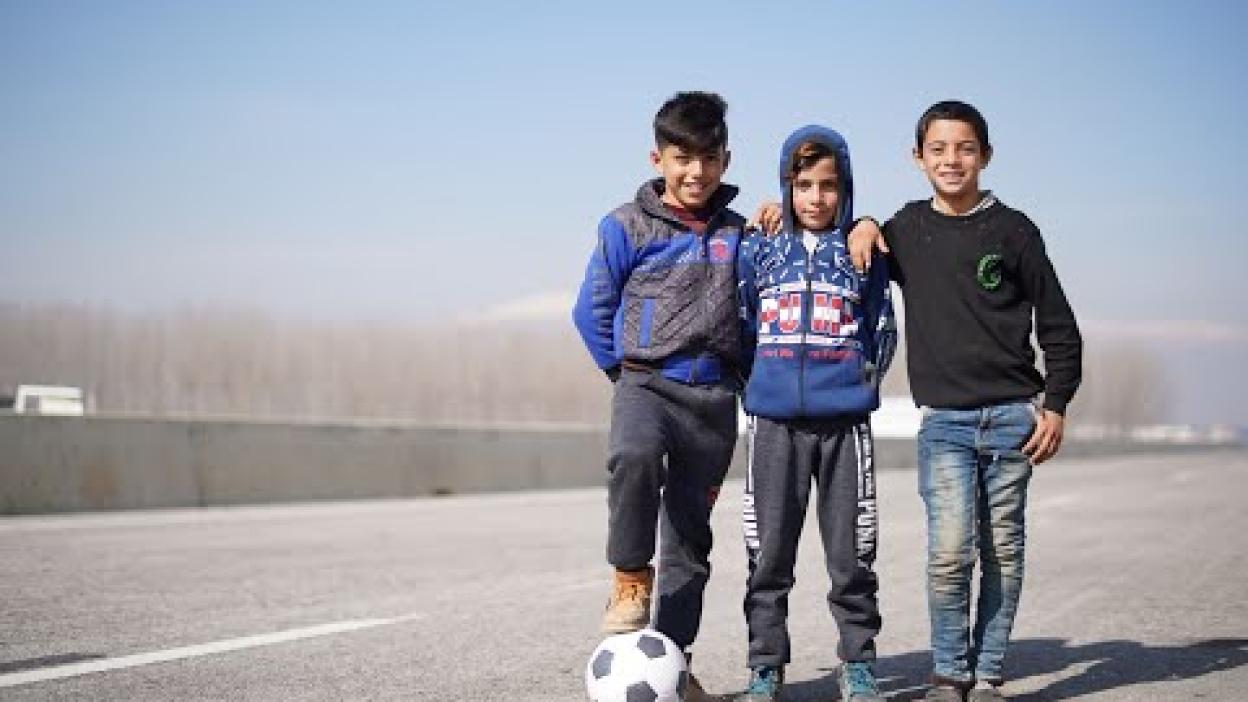Middle East Crisis Response – Lebanon
Since October 2023, World Vision Lebanon has been addressing the severe impacts of the military escalations in southern Lebanon, reaching 46,636 people, including over 17,209 children, through its multisector response between 13 October 2023 and 31 August 2024. The conflict intensified rapidly on 23 September, extending its reach to central Lebanon, including areas such as Bekaa and Beirut.
According to Lebanon’s Ministry of Public Health, as of 16 October, nearly 2,367 people have lost their lives, including at least 127 children, while over 11,106 have been injured. More than 1.2 million people have been directly affected or displaced from their homes in search of safety. Over 190,698 internally displaced people (IDPs), half of whom are women and children, have sought refuge in over 1,076 temporary shelters, including schools and administrative buildings.
Lebanon
Recent Updates
World Vision Lebanon
World Vision started operating in Lebanon in 1975 with the onset of the civil war. Today, we continue to assist Lebanese families and refugee communities through development projects, emergency relief, and advocacy in four areas (Beirut, Beqaa, North and South of Lebanon).
Lebanon has been assailed by compounded crises: economic, financial, COVID-19 and the Beirut explosion on August 4th, 2020 (described by international and local media as a “tragedy”) and most recently the displacement of families in Southern Lebanon in October 2023. The relocation of individuals in the southern region to seek refuge in schools or with their families in different areas has occurred. Despite this, a portion of the population stayed in the affected area, facing challenges with limited access to resources.
This situation has intensified the demand for necessities, spanning from food and education to hygiene, leading to disruptions in education. The ongoing financial crisis that started in October 2019 is overwhelming in terms of economic and social costs.
A shortage of foreign currency led to the Lebanese pound losing 90% of its value against the dollar on a newly emerged black market for the first time in two decades. Public debt to gross domestic product is the third highest in the world; businesses and jobs are disappearing, as poverty spirals out of control. Estimates reveal that more than 80% of the country’s population is now trapped in poverty.
These crises have severely affected communities’ access to basic services, lowering standards of living and threatening daily survival for Lebanese and Syrian refugees in Lebanon. It has also led to an increase in school dropouts, with an estimated 700,000 children out of school in Lebanon. This number is expected to be higher knowing that many families are unable to afford education-related expenses.
World Vision programmes in Lebanon are designed to strengthen a child-sensitive social protection system for vulnerable girls and boys, through evidence-based interventions in child protection, education, water, sanitation & hygiene (WASH), basic assistance and livelihoods. Through its Sponsorship programme, World Vision has around 18,000 children registered. We believe that we must work hard to prevent this devastating situation and provide the children of Lebanon with a brighter future. Every child has the right to be in school. And advocating for children’s right to education is our priority.
Our Impact
837,827
420,753
15,834
Middle East Crisis Response
Our Areas of Focus
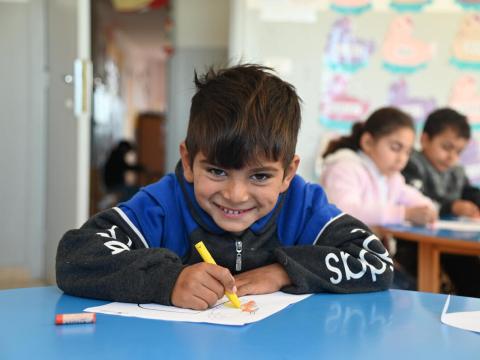
Education
World Vision Lebanon aims to improve access and quality of education so that children have the skills and knowledge to succeed through supporting:
• Enrolment in formal education
• Non-formal
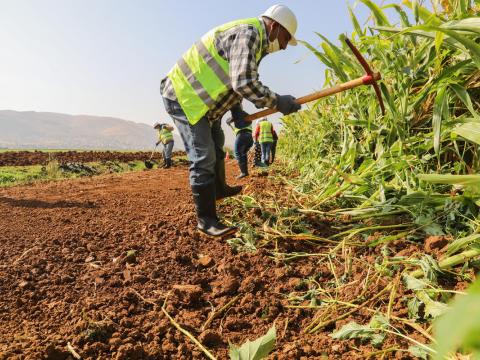
Basic Assistance and Livelihoods
World Vision Lebanon aims to improve economic opportunities for host and refugee communities, by focusing on:
• Food and Multipurpose cash assistance
• Cash for work assistance as temporary
Water, Hygiene and Sanitation
World Vision Lebanon seeks to address gaps in water infrastructure, basic sanita- tion facilities and hygiene, by focusing on:
• Humanitarian WASH (water distribution, construction of latrines
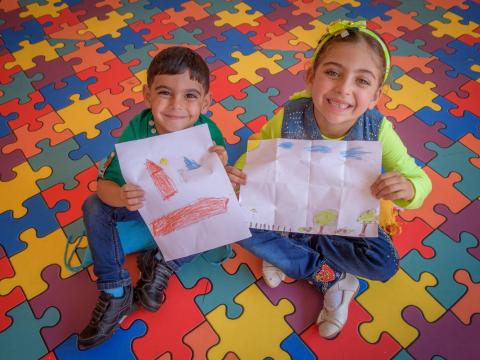
Child Protection
World Vision Lebanon is committed to creating a protective environment that supports the well-being of children, by focusing on:
• Violence Against Children, specifically violent child discipline

